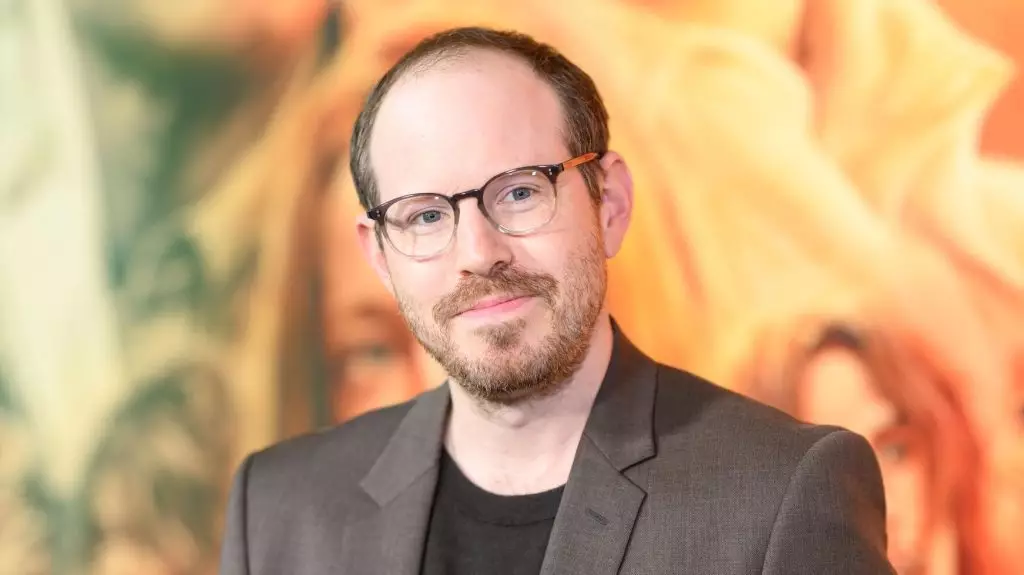Artificial Intelligence, once relegated to the realm of science fiction, now emerges as a formidable force shaping our future—much faster and more unpredictable than many anticipated. Filmmaker Ari Aster’s candid reflections underscore a profound anxiety: despite the technological leaps, humanity remains largely powerless about how AI is integrated into daily life and industry. His concern is not merely about automation replacing jobs but about the deeper philosophical implications of ceding moral and creative authority to a technology that increasingly resembles an omnipotent entity. The troubling aspect is the illusion of control; as Aster points out, even industry insiders seem mesmerized—worshipful almost—treating AI not merely as a tool but as a new deity. Such a perspective reveals a dangerous shift: losing sight of human agency and elevating algorithms to a divine status.
The Ethical Void and the Worship of Technology
Aster highlights a disturbing trend: many engineers and developers speak about AI not as a technological achievement but as a divine force. This worshipful attitude strips AI of its context as a human-made construct, overshadowing the ethical responsibilities that come with creating powerful new tools. When technological innovation is heralded as a god, moral boundaries collapse. Such reverence inevitably leads to blind spots—ethical compromises, exploitation, and unanticipated consequences. Humanity’s tendency to elevate technology beyond its intended purpose is a recurring theme in history, and AI’s current trajectory suggests that we might be heading into an era of unregulated chaos, driven more by devotion than discernment.
Implications for Society and Creativity
One of Aster’s most compelling observations is how AI-generated content—videos, images, even entire narratives—feels almost indistinguishable from reality. This uncanny realism is both awe-inspiring and alarming. As AI blurs the line between authentic and fabricated, society faces a profound challenge: how to trust information, preserve creativity, and uphold truth. The loss of the “imaginal realm,” where human imagination and intuition reign supreme, risks a future where reality itself becomes malleable. This erosion of veracity threatens the foundations of democracy, personal identity, and artistic expression. Unlike traditional tools, AI’s ability to imitate and replicate human labor in creative fields raises critical questions about ownership, authenticity, and the soul of art itself.
Why We Must Confront Our Silence and Complicity
Despite the growing urgency, contemporary discourse often remains passive, or even supportive, of AI’s expansion. Politicians and industry leaders are easing regulations, like the recent Senate move to prohibit states from controlling AI development for the next decade. Such moves exemplify a collective neglect of the potential risks, favoring innovation at the expense of caution. We are in a race, as Aster admits, but racing toward what end? If we allow AI to dominate without ethical guards or societal oversight, we risk unleashing a future where humanity’s essence is forever altered—or erased. The challenge is collective: to question, critically assess, and resist the blind worship of AI before it’s too late. Our future depends on whether we will recognize and confront these unseen dangers before the proverbial ship of societywrecks beneath the weight of unbridled technological idolatry.

